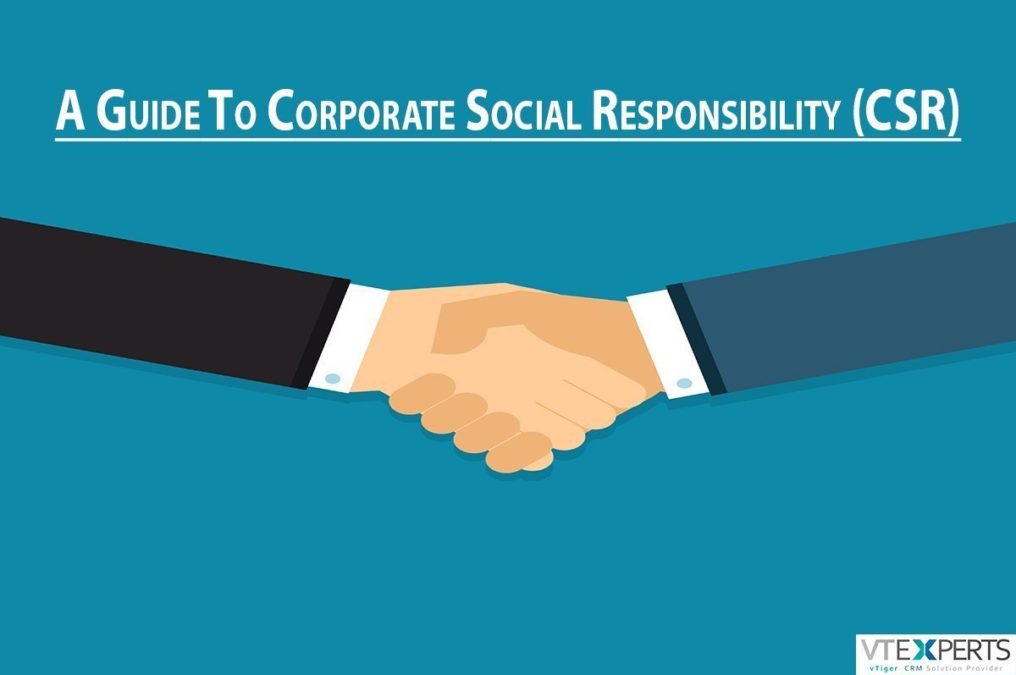When we look at traditional business practices, it was not hard to notice that the sole purpose was to increase the benefits for the owner of the business. CSR stands for Corporate Social responsibility; it is a trend which emerged in the recent past. According to CSR, it is a firm’s obligation to provide more than just a product or service to society. There are basically two schools of thoughts regarding CSR details of which gave two different theories about CSR:
Stockholder Theory: According to the stockholder theory, all the efforts of a firm should be invested in order to maximize the wealth of its owner and sole purpose of a business is to increase profits.
Stakeholder Theory: Stakeholder theory, in contrast to stakeholder theory, puts emphasis on other aspects also. Like the general public, environment and employees etc. The ideology behind this theory is that public, environment etc. give us so much and in return, we should also respond accordingly.
On the basis of Stakeholder theory, the concept of CSR is developed, it is used to develop goodwill among the general public and a positive image of the brand is created using CSR activities. For every tree IKEA cuts for its furniture manufacturing, a new tree is planted, the reason behind this act of IKE is that they believe they have taken something from the environment and they should return something to the environment.
The scale up to which a business firm is participating in CSR activities differ from each other is quite significant. Basically, CSR activities fall in four different domains of responsibilities and this differentiation determines at what level a firm is carrying out CSR activities. Following is details of four different categories of CSR
Economic Responsibility: It is a very basic form of CSR and concentrates only on yielding greater profits for the stockholders of the business firm. It revolves around fulfilling financial obligations of the business like paying employee wages, taxes etc.
Responsibilities according to law: Firms following this approach makes sure that they perform their operations while remaining within the legal constraints. They do not breach corporate law at any cost and to attain this level of CSR, a business should fulfill its economic responsibilities first.
Ethical responsibilities: It is one step forward from legal duties, at this level the ethical aspect is given more importance. These responsibilities contain paying more return to the employees in the form of higher wages, provide opportunities to jobless people, avoiding doing business with firms with bad reputation etc.
Philanthropic responsibilities: it is the highest level a firm can attain in the aspect of CSR. This stage comes when, after a firm is making good profits, respects the law and realize its ethical responsibilities. At this phase, organizations go out of their domain and invest in the society like they do the charity work. Activities at this level include building a training center, providing medical facilities to the general public, planting trees etc.
From a theoretical point of view, CSR activities seem very easy to carry out, but practically that is not the reality. Firms have to consider numerous factors while designing their CSR events. Incorporate CSR into your business and show the society that you really are about them.






